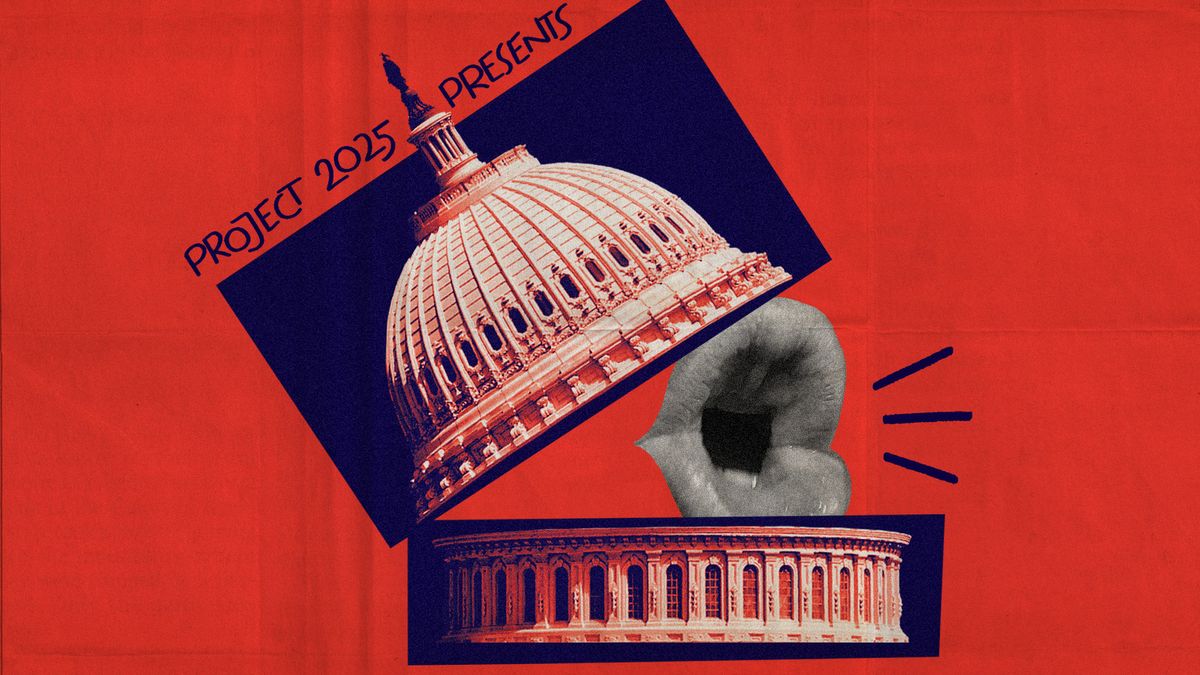Published: 2 weeks ago

Humanities
Summary
India has always been a land of values, traditions, and cultural norms that have withstood the test of time. But in recent months, the government has taken a turn that many of us find troubling—pushing a series of initiatives that seem to favor the LGBTQI+ community.
Article
While some may see these measures as progressive, many believe they challenge the fundamental social fabric of our nation.
Are These Policies Truly Necessary?
The recent steps taken by the Ministry of Social Justice and Empowerment, such as allowing joint bank accounts for queer partners, issuing inclusive ration cards, and banning conversion therapy, raise a critical question: Are these policies genuinely needed, or are they being forced upon us by a small section of society with an agenda? For most Indians, these changes do not reflect our values or beliefs. Instead, they feel like a top-down imposition that doesn’t take into account the sentiments of the majority.
The Slippery Slope of Redefining Social Norms
By promoting these policies, the government is treading on a slippery slope. India’s social structure is based on centuries-old traditions that emphasize family, community, and moral values. Introducing such changes undermines the foundation on which our society has been built. What’s next? Redefining marriage? Challenging our beliefs about gender roles? There is a real danger that these policies could dismantle the very essence of what makes India unique.
Misplaced Priorities
One must question why the government is focusing so much on LGBTQI+ issues when there are far more pressing concerns. We have millions of people living in poverty, a struggling economy, and countless other social issues that need urgent attention. Diverting resources and political will towards initiatives that serve a small fraction of the population seems like a distraction from the real challenges facing our country.
The Risk of Backlash
Let’s not ignore the potential backlash these policies could create. India is a diverse country with strong cultural and religious sentiments. By pushing these LGBTQI+ initiatives, the government risks alienating large segments of the population who may see these changes as an affront to their beliefs and traditions. Instead of fostering unity, these policies could deepen divisions and create more tension.
A Challenge to Parental Rights and Family Values
Policies that promote LGBTQI+ rights also challenge traditional family values and parental rights. Shouldn’t parents have the right to guide their children according to their beliefs and values? Shouldn’t families be allowed to maintain their moral and cultural standards without interference from the state? Encouraging a narrative that promotes an LGBTQI+ agenda could undermine the authority and role of families, creating confusion and conflict within households.
The Question of Consent
By pushing these policies, the government appears to be moving ahead without the consent of the majority. There has been no broad-based public debate, no referendum, and no effort to genuinely understand what the people of India want. Instead, a small group of policymakers is driving these changes, seemingly ignoring the views of those who disagree. In a democracy, isn’t the government supposed to represent the will of the people?
Conclusion: Time for a Course Correction
It’s time for the government to rethink its approach. While we must respect all individuals, it does not mean we should abandon our values or allow a narrow agenda to dictate policy. The government should focus on the real challenges facing our nation—poverty, unemployment, education, and healthcare—instead of pushing divisive policies that could harm our social fabric.
India must remember what makes it strong: its traditions, its family values, and its deep-rooted cultural norms. Let’s not sacrifice these on the altar of political correctness or social experiments. It's time to stand firm and say enough is enough.
No opinions exist on this article yet!
Be the first one to share an opinion on this article.
This article does not have any attachments.
No Access
Share access to start recording your opinion











